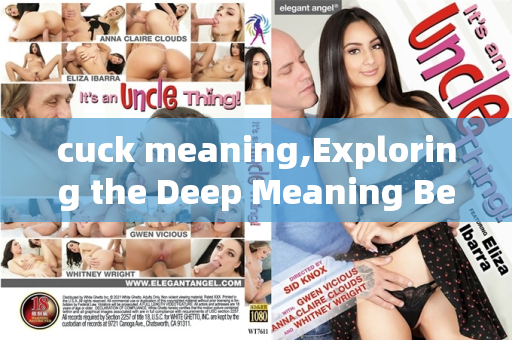
In recent years, social media has transformed the way people engage with various aspects of sexuality, and Twitter stands out as a platform where public sex has gained significant attention. The hashtag culture prevalent on Twitter allows users to share their experiences, fantasies, and opinions on a variety of topics, including public sex. This phenomenon reflects a broader societal shift towards more open discussions about sexuality, consent, and the boundaries of public behavior. It has sparked conversations about what is deemed acceptable in public spaces and the cultural perceptions surrounding these intimate acts.
Public sex, once considered taboo, is now discussed openly on Twitter, where users share their stories and experiences with excitement and sometimes candor. This openness may stem from a desire for liberation and the exploration of sexual identity. For many, the thrill of engaging in sexual activities in public spaces can be exhilarating, adding a layer of excitement that private encounters might lack. However, it also raises important questions about consent, legality, and the impact on others who may witness such acts. The conversations sparked on Twitter often highlight the need for mutual understanding and respect, as the lines between personal freedom and public decency can become blurred.
While some Twitter users celebrate public displays of affection and the freedom to express their sexuality, others voice concerns about the potential consequences of such actions. The discussions often balance the thrill of spontaneity against the need for consent and the rights of bystanders. For instance, sharing a story about a romantic encounter in a park might receive both applause for its boldness and criticism for disregarding the comfort of others nearby. This duality reflects the complexity of sexual expression in public and the need for ongoing dialogue about boundaries and respect in these scenarios.
The phenomenon of public sex on Twitter also intersects with issues of safety and privacy. Individuals engaging in public sexual acts are often exposed to the risk of legal repercussions, social stigma, and even physical danger. Conversations around this topic on Twitter can serve as a useful educational tool, as users share experiences that emphasize the importance of being aware of one's surroundings and understanding local laws regarding public indecency. Awareness and education can empower individuals to make informed decisions about their sexual expression while respecting the rights and comfort of others.
Moreover, the presence of public sex discussions on Twitter also signifies a growing acceptance of diverse sexual practices and orientations. As more people feel empowered to share their truths, the platform acts as a conduit for representation and validation. This increased visibility can foster a sense of community among those who partake in or advocate for public sexual expression. It challenges the stigma that often surrounds sexual acts outside private spaces and encourages others to engage in conversations about their desires and boundaries, promoting a culture of openness and understanding.
In conclusion, public sex discussions on Twitter represent a complex interplay of liberation, societal norms, and individual rights. As users navigate the excitement and risks associated with public sexual encounters, it is crucial to approach these conversations with an emphasis on consent, respect, and safety. The evolving dialogue surrounding public sex highlights the importance of fostering a culture that embraces diverse expressions of sexuality while navigating the nuances of public behavior. Ultimately, Twitter serves as a platform that not only reflects current attitudes towards public sex but also plays a pivotal role in shaping future conversations about sexual freedom and responsibility.









